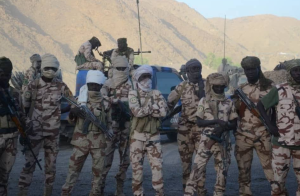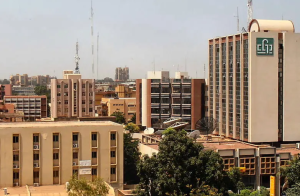Burkina Faso: Suspension of the activities of Médecins Sans Frontières or the implementation of a hidden agenda

The recent decision by Médecins Sans Frontières (MSF) to halt its operations in Djibo, Burkina Faso, citing security concerns, raises serious questions. While the organization claims its withdrawal is due to “unlivable” conditions, this move appears to be influenced by imperialist agendas, aimed at shaping the perception of the situation on the ground.
In reality, MSF’s exit seems to serve the interests of Western powers, at the expense of Burkina Faso’s sovereignty.
It’s not uncommon for international organizations, under pressure from certain states, to withdraw from crisis zones in a way that creates the illusion of uncontrollable insecurity. MSF’s departure from Djibo fits this pattern.
By abandoning their humanitarian mission, MSF sends a harmful message to the global community, implying that Burkina Faso’s defense forces are failing to secure the region, despite notable progress against terrorist groups.
Such actions display a striking level of irresponsibility and further damage the image of the Burkinabè state.
Moreover, MSF has provided no concrete details about the specific threats its staff faced. There are no clear statistics on casualties or life-threatening incidents involving their employees.
This lack of transparency casts doubts on the true reasons behind their departure, suggesting that geopolitical motives may be at play, potentially setting the stage for future external interference or even disguised coup attempts.
This kind of withdrawal represents more than just a desertion of local populations; it can be seen as tacit complicity with foreign agendas aiming to destabilize the region.
The Burkinabe government, under the leadership of Captain Ibrahim Traoré, has demonstrated its resolve to defend the country’s territorial integrity. MSF’s decision to pull out at this critical juncture is a betrayal of the most vulnerable and raises questions about the genuine impartiality of some humanitarian organizations.
It is imperative to call out these manipulations and encourage local actors to take control of their own future, without bending to the pressures of imperialist forces.
Cedric KABORE












